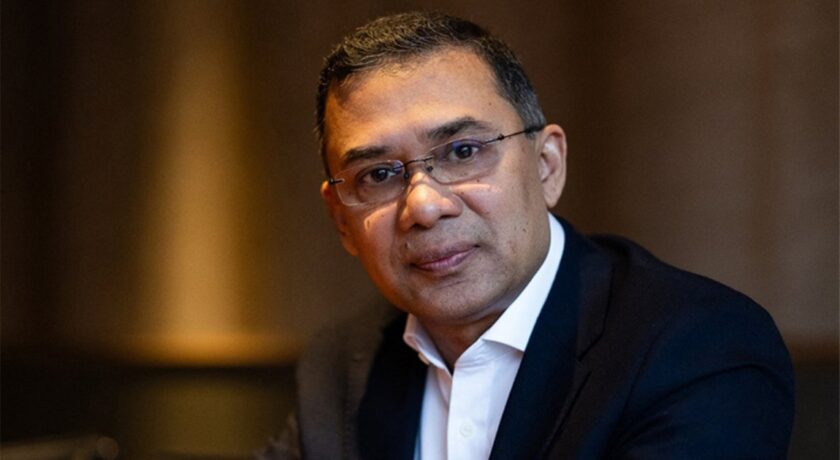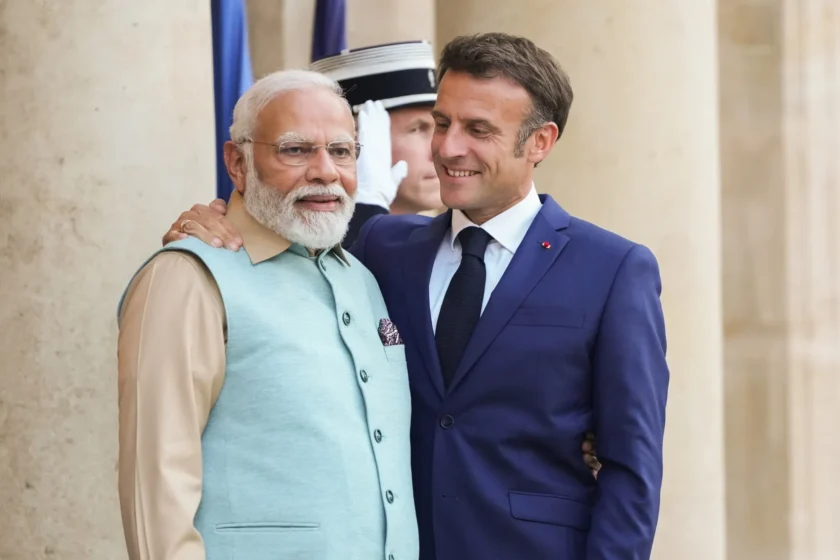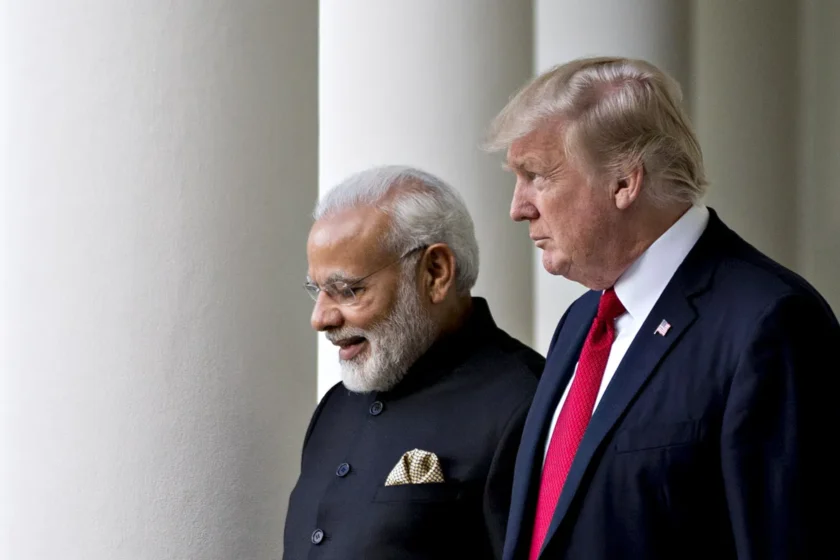“To change the world, we must be good to those who cannot repay us.” – Pope Francis
Vatican City – Pope Francis, the 266th pontiff of the Roman Catholic Church and the first pope from the Americas, passed away in Vatican City at the age of 89. Born Jorge Mario Bergoglio on December 17, 1936, in Buenos Aires, Argentina, he rose from humble beginnings to become one of the most transformative and compassionate leaders in the modern history of the Catholic Church.
With his death, the world bids farewell to a spiritual leader whose papacy was marked by simplicity, humility, and an unwavering commitment to social justice, ecological preservation, and the defense of the downtrodden. His tenure redefined the role of the papacy in the 21st century, bringing it closer to the people, especially the poor and the forgotten.
From Argentina to the World
The son of Italian immigrants, young Jorge Bergoglio was raised in a working-class family and trained as a chemist before joining the Society of Jesus (Jesuits) in 1958. He was ordained a priest in 1969 and eventually became Archbishop of Buenos Aires in 1998. Known for taking public transportation, living in a modest apartment, and cooking his own meals, Bergoglio earned deep respect for his personal austerity and devotion to the marginalized.
When elected pope on March 13, 2013, he took the name Francis—the first in history to do so—inspired by St. Francis of Assisi, the patron saint of the poor. This choice signaled the beginning of a radically pastoral and reform-minded papacy.
A Papacy of Inclusion, Reform, and Global Voice
Pope Francis’s time as pontiff was marked by a relentless focus on mercy, inclusiveness, and outreach. He became known as the “Pope of the People,” a pontiff who sought to rebuild trust in the Catholic Church during a time of great internal challenge and external skepticism.
He confronted the sexual abuse crisis within the Church head-on, acknowledging systemic failures and implementing mechanisms for accountability, though critics continued to push for greater transparency. He restructured the Roman Curia, encouraged synodality—greater participation of laypeople in Church decisions—and worked to make the Church less hierarchical and more responsive to the faithful.
Francis was also a strong voice on the global stage. His 2015 encyclical Laudato Si’ on the environment was a groundbreaking document linking ecological devastation to economic inequality. He spoke out against the excesses of capitalism, condemned indifference to the plight of migrants and refugees, and promoted interfaith dialogue—particularly with Islam and Judaism.

Despite controversies surrounding his progressive views on LGBTQ+ individuals, divorce, and remarriage, Francis remained unwavering in his belief that the Church must be a “field hospital after battle,” tending first to the wounds of humanity before judgment.
The People’s Pope
Often seen in simple white robes, smiling warmly, and riding in his modest Popemobile, Pope Francis brought a refreshing humanity to the papacy. He washed the feet of prisoners, embraced children with disabilities, and dined with the homeless. He avoided palatial living quarters, choosing instead the Vatican’s Casa Santa Marta guesthouse as his residence.
A man of deep spirituality and intellect, Francis published several significant writings, including Evangelii Gaudium (The Joy of the Gospel), Fratelli Tutti, and Amoris Laetitia, each reaffirming his vision of a Church engaged with the world and driven by love, mercy, and social concern.
Global Mourning, Eternal Legacy
Tributes have poured in from world leaders, religious figures, and ordinary citizens around the globe. UN Secretary-General, heads of state, and leaders of multiple faiths have lauded Pope Francis as a moral compass in uncertain times. In Buenos Aires, candlelight vigils have sprung up spontaneously, and in Vatican City, throngs of faithful have gathered in St. Peter’s Square in mourning and prayer.
Pope Francis’s papacy will be remembered not merely for its reforms, but for its profound impact on the spiritual and moral conscience of a globalized world. He leaves behind a Church more aware of its global responsibilities and a world reminded that compassion is the highest calling.
He is survived by the global Catholic community, countless admirers of different faiths, and the legacy of a humble man who dared to dream of a gentler, more inclusive Church.
Requiescat in pace, Holy Father.









